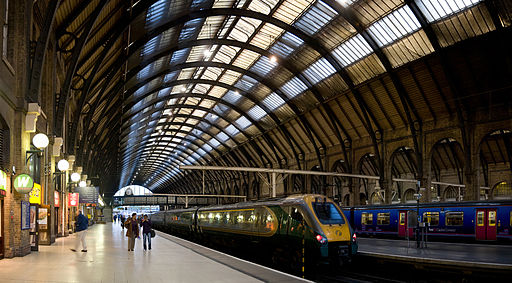Rail fares will go up by a maximum of 3.2% next year – but that figure could be lower if the government updated its calculation methods.
What it means: Technical bit coming up. Rail fares go up because of 'inflation', i.e. the change in prices over time.
How do they know how much prices have gone up recently? There are a few ways to find out. One is called the Consumer Price Index, and the other is the 'Retail Price Index'.
The difference between the two comes down to the math of how they're calculated. RPI is basically always about 1% higher than CPI, and economists increasingly agree that it's probably too high an estimate of price rises.
But rail companies still use that method, instead of the more internationally accepted 'CPI', to calculate how much rail prices should go up. In this case, it'll be about £150 per long-distance journey customer per year.
So why not switch to CPI? The thing is, inflation doesn't just affect prices: it affects wages, too. So unions are worried that a move to CPI would be good for consumers but bad for workers who'd get lower wage rises as a result.

